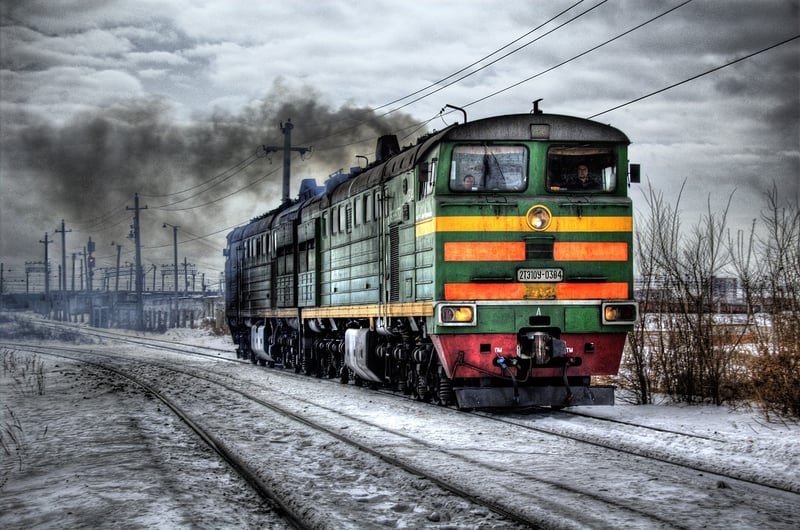Industrial Revolution
Exploring Historical Eras: The Industrial Revolution
Welcome to our exploration of historical eras! In this edition, we delve into one of the most transformative periods in human history - the Industrial Revolution. Let's take a journey back in time to understand the impact and significance of this era.
What was the Industrial Revolution?
The Industrial Revolution was a period of major industrialization that took place during the late 18th and early 19th centuries. It marked a significant shift from agrarian and handicraft economies to machine-based manufacturing.
Key Features of the Industrial Revolution:
- Introduction of steam power and mechanization
- Expansion of factories and mass production
- Growth of urban centers and population migration
- Rapid technological advancements in transportation and communication
Impact of the Industrial Revolution:
The Industrial Revolution had far-reaching effects on society, economy, and culture:
- Urbanization: Cities grew rapidly as people migrated from rural areas in search of employment in factories.
- Social Changes: Class divisions became more pronounced, with the emergence of a wealthy industrial elite and a working-class population.
- Technological Advancements: Inventions such as the spinning jenny, steam engine, and telegraph revolutionized production and communication.
- Economic Growth: Industrialization led to increased productivity, trade, and wealth accumulation.
Legacy of the Industrial Revolution:
The Industrial Revolution laid the foundation for modern industrial society and set the stage for further technological progress and globalization. Its impact can still be seen in various aspects of our lives today.
Conclusion
The Industrial Revolution was a pivotal period that shaped the course of human history. By understanding its key features and impact, we gain insights into the roots of our modern world. Stay tuned for more explorations of fascinating historical eras!

